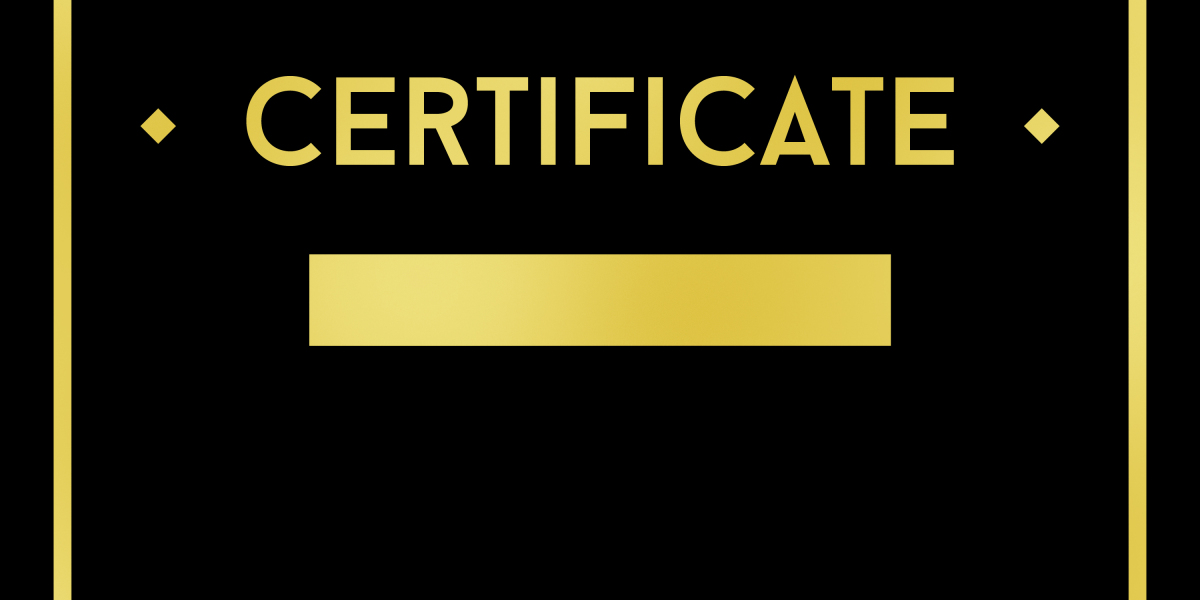Unlock the Power of the Sun: Discover the Ultimate Solar Solutions for Your Home!
As the world increasingly turns its focus toward sustainable energy sources, solar energy has emerged as a leading solution for homeowners seeking to reduce their carbon footprint and energy bills. The benefits of harnessing the power of the sun are abundant: from lowering electricity costs to increasing property value, solar energy presents a unique opportunity. With the growing demand for efficient solar energy conversion products, it’s important for homeowners to explore the various options available in the market. This article aims to guide you through understanding solar energy conversion, the types of products available, and the factors to consider when making a purchase.

Understanding Solar Energy Conversion
Solar energy conversion refers to the process of transforming sunlight into usable energy, primarily electricity. This is achieved through solar energy systems that utilize photovoltaic (PV) technology. When sunlight hits the solar panels, it generates direct current (DC) electricity, which can be converted into alternating current (AC) electricity by solar inverters for household use. There are different types of solar energy systems, including grid-tied, off-grid, and hybrid systems, each with varying efficiencies. Homeowners should understand how these systems work and their potential energy output to make informed decisions about their solar investments.
Types of Efficient Solar Energy Conversion Products
When it comes to solar energy conversion products, several key components play crucial roles in efficiency and performance. Solar panels, inverters, and batteries are the three main types of products that homeowners should consider. Each of these components has its unique features and efficiency ratings, which significantly impact the overall effectiveness of a solar energy system.
Solar Panels
Solar panels are the most visible part of a solar energy system and come in three main types: monocrystalline, polycrystalline, and thin-film. Monocrystalline panels are known for their high efficiency and sleek appearance, making them a popular choice for homeowners with limited roof space. Polycrystalline panels, while slightly less efficient, are often more cost-effective. Thin-film panels offer flexibility and lightweight installation, but typically have lower efficiency levels. Each type comes with its advantages and disadvantages, so understanding these differences is essential for homeowners looking to maximize their energy conversion.
Solar Inverters
Solar inverters play a vital role in converting the DC electricity generated by solar panels into AC electricity, which is used in homes. There are several types of solar inverters, including string inverters, microinverters, and power optimizers. String inverters are the most common and are suitable for simpler installations. Microinverters, however, optimize the energy output of each individual panel, making them ideal for complex roof layouts. Power optimizers also enhance panel performance and work in conjunction with string inverters. Homeowners should evaluate their specific needs to choose the right inverter for their solar energy system.
Solar Batteries
Solar batteries are essential for energy storage, allowing homeowners to store excess energy generated during the day for use at night or during cloudy days. This not only increases energy independence but also maximizes the efficiency of solar systems. Lithium-ion batteries have become popular due to their high energy density and long lifespan, while lead-acid batteries are a more traditional option with lower upfront costs. Understanding the different battery technologies and their integration with solar panels and inverters is crucial for optimizing energy usage.
Factors to Consider When Choosing Solar Products
When selecting solar energy conversion products, homeowners should consider several important factors. Efficiency is paramount; higher efficiency products can convert more sunlight into usable energy, translating to greater savings. Cost is another critical consideration, as initial investments can vary widely among products. Warranties and installation options are also crucial; a good warranty can offer peace of mind, while professional installation can ensure optimal performance. Additionally, assessing the compatibility of different components within the solar energy system can help in crafting a cohesive and efficient setup.
The Future of Solar Energy Solutions
The landscape of solar energy solutions is evolving rapidly, with advancements in technology leading to improved efficiency and integration with smart home systems. Emerging technologies, such as solar shingles and building-integrated photovoltaics (BIPV), promise to blend aesthetics with functionality. Furthermore, the integration of artificial intelligence in energy management systems can optimize energy usage based on real-time data. As these innovations continue to develop, homeowners will have even more options to enhance their solar energy systems.
Choosing the Right Solar Energy Products
In conclusion, choosing the right solar energy conversion products is essential for homeowners looking to harness the sun's power efficiently. With a plethora of options available, understanding the types of products, their features, and the factors influencing their effectiveness can significantly impact energy savings and sustainability. As you explore your options, remember that investing in quality solar solutions not only benefits your wallet but also contributes positively to the environment. Embrace the future of energy, and unlock the potential of solar power for your home!








